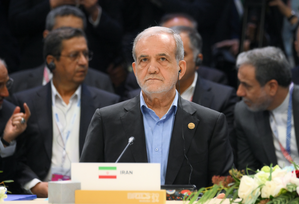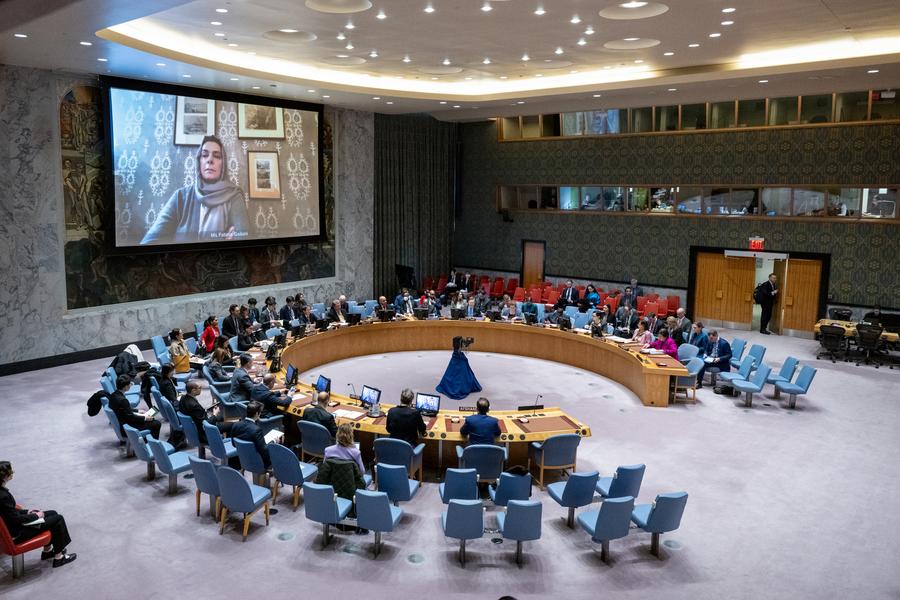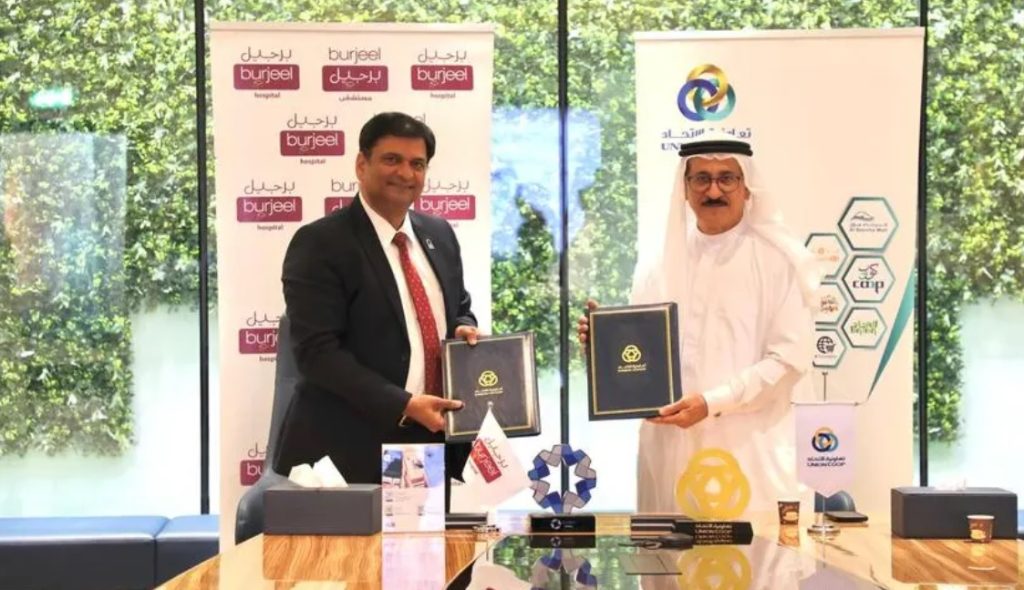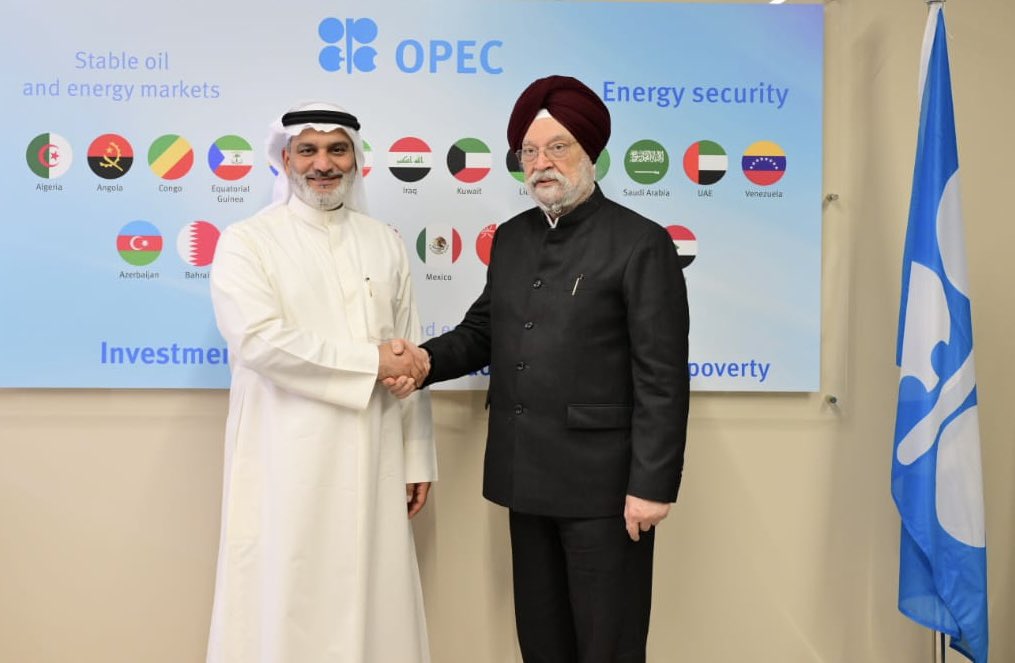While no countries in the region have officially recognized the interim government in Kabul, some countries, particularly Iran, have established channels of communication and trade with the Taliban’s Islamic Emirate….reports Asian Lite News
Ever since the eventful return of Taliban in Afghanistan, their relations with neighbours like Turkmenistan, Uzbekistan, Tajikistan, Kyrgyzstan, and Iran continues to be complex, with a strong undercurrent of hostility. While three of them opened dialogue with them, the Tajik government did not.
No countries in the region have officially recognised the interim government in Kabul. But, countries, especially Iran, have also opened channels of communication and trade with the Taliban’s Islamic Emirate.
Worries in Central Asia
Maintaining economic relations, as well as stabilisation of humanitarian and political conditions in Afghanistan, have been at the forefront for Central Asian states. Diplomatically, Kazakhstan and others have been very cautious engaging with the Taliban by maintaining discussion through diplomatic envoys but without giving the regime full state recognition.
On April 15 this year, Kazakhstan’s Prime Minister and Minister of Trade and Integration Serik Zhumangarin made an official visit to Kabul. During the visit, Zhumangarin unveiled his government’s trade plans with Afghanistan: “Politics is politics, and economy is economy — we plan to ramp up this trade cooperation,” stated the prime minister. He noted that the current trade volume with Afghanistan amounts to approximately $1 billion, and given the market in the country is “very large and promising,” there are real prospects for delivering wheat, flour, and seed oil. Specifically, he emphasised that Kazakhstan has a $174 million export potential to Afghanistan in food, petrochemical, chemical, metallurgical, light machine-building, construction, and other key industries. In this line, Kazakhstan is planning to open a trade liaison office in Kabul. Such improvements in bilateral trade can also contribute to increased regional connectivity, as well as improvement of supply chain and energy routes.
Following Zhumangarin’s visit, Kazakhstan’s Foreign Ministry spokesman Aibek Smadiyarov said on April 17 that Kazakhstan has agreed to provide diplomatic accreditation to the representatives of Afghanistan without recognising the legitimacy of the Taliban government itself.
In Uzbekistan and Tajikistan, both immediate neighbors of Afghanistan, Islamist groups and movements have already fought for the Islamic state in the past and thus they have raised local governments’ domestic concerns about the rise of extremism.
Tajikistan remains as the only Central Asian state reluctant to engage with the Taliban, largely due to its concerns about the militant groups such as Tehrik-e-Taliban Tajikistan (TTT).
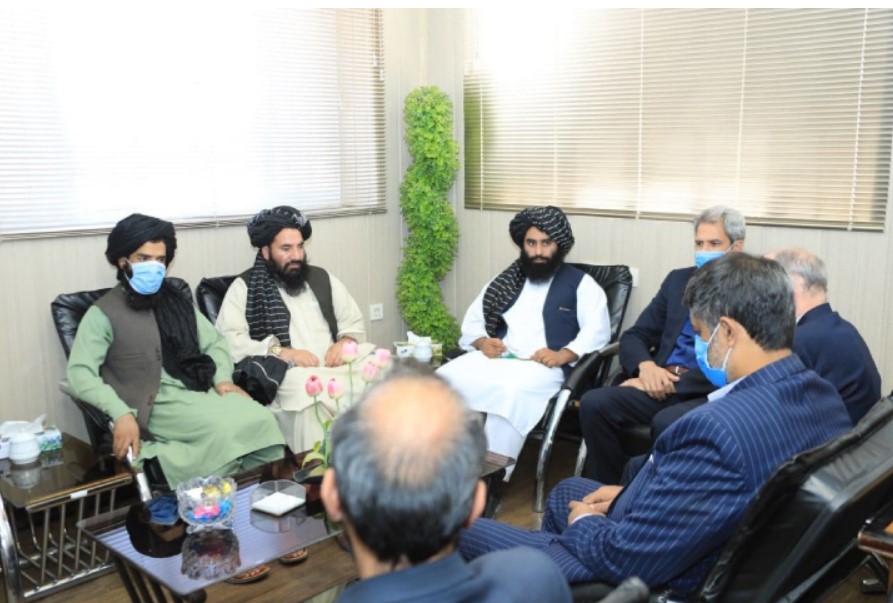
Iran’s Pragmatic-Problematic Relations
Iran has charted a practical route of diplomacy to Afghanistan under Taliban rule. This is in sharp contrast to popular perceptions that Taliban, hardline Deobandis who are even close to Ahle Hadith and Wahhabis, may be natural enemies of Shia Iran.
On February 26, Iran officially handed over the Afghan embassy in Tehran to diplomats from the Taliban — a big step in formalising and deepening their ties.
The situation is notably different from the tensions that characterised the first iteration of the Taliban’s “Islamic Emirate,” when Tehran had deep security concerns about the group due to its mistreatment of Afghanistan’s Shia Hazara community and its 1998 killing of Iranian diplomats at the Mazar-e-Sharif consulate.
“America’s long involvement in Afghanistan helped thaw relations between the two regimes given their mutual enmity toward Washington and desire for US withdrawal. Hence, the years leading up to the 2021 fall of Kabul saw increasing reports of Iran providing weapons to the Taliban, and their ties would only widen and accelerate afterward,” Mehdis Hedayat, a West Asia expert based in Tehran, told India Narrative, while sharing her reading of Taliban-Iran equation.
She added that the Taliban leadership was even invited to attend multiple festivities last month related to the anniversary of Iran’s Islamic Revolution in February and Muharram processions last month.
Over the years, trade and economic cooperation have boomed, with two-way trade reaching $1 billion as per the Afghanistan Chamber of Commerce. For Tehran, trade with Kabul has been a means to transcend the crippling effects of the US sanctions, sporadically in place since 2005, and has helped support Iran’s ‘resistance economy’. The border regions are also deeply integrated, with Iranian rials being used in the Afghan border town of Zaranj and the ubiquitous presence of Iranian goods on supermarket shelves.
But while trade has boomed, differences in other aspects have continued to fester.
Last year (March 2022- February 2023), nearly 445,403 refugees from Afghanistan took refuge in Iran. Tehran has historically hosted a large proportion of Afghan refugees, mainly from the Shia Hazara and Tajik communities with around 3.6 million refugees already present in the country. But while its refugee policy has been relatively inclusive, it has repatriated many refugees back to Afghanistan, sometimes voluntarily and oftentimes through force.
Since the coming of the Taliban, around 100 refugees who were trying to enter Iran illegally have been killed by Iranian security forces.
Differences over the equitable distribution of water flowing from the Helmand River in Afghanistan to the Hamoun wetlands in Iran’s Sistan-Balochistan province have also been a sticky issue. As both Kabul and Tehran grapple with water shortages and the lack of a robust water management infrastructure.
The Afghanistan-Iran border has also witnessed frequent skirmishes because of apparent ‘misunderstandings,’ sometimes resulting in an exchange of fire and the capture of posts. The last few months have seen multiple major incidents in Hirmand county, Herat, and Nimroz province. The Iranian border guards have intercepted the Taliban’s attempts to raise their flags in territories claimed by Iran and construct illegal roads, while warning against conflating its muted response to these transgressions as its weakness. A joint commission to cooperate on the issue was formed in August 2022 but the clashes have continued.



